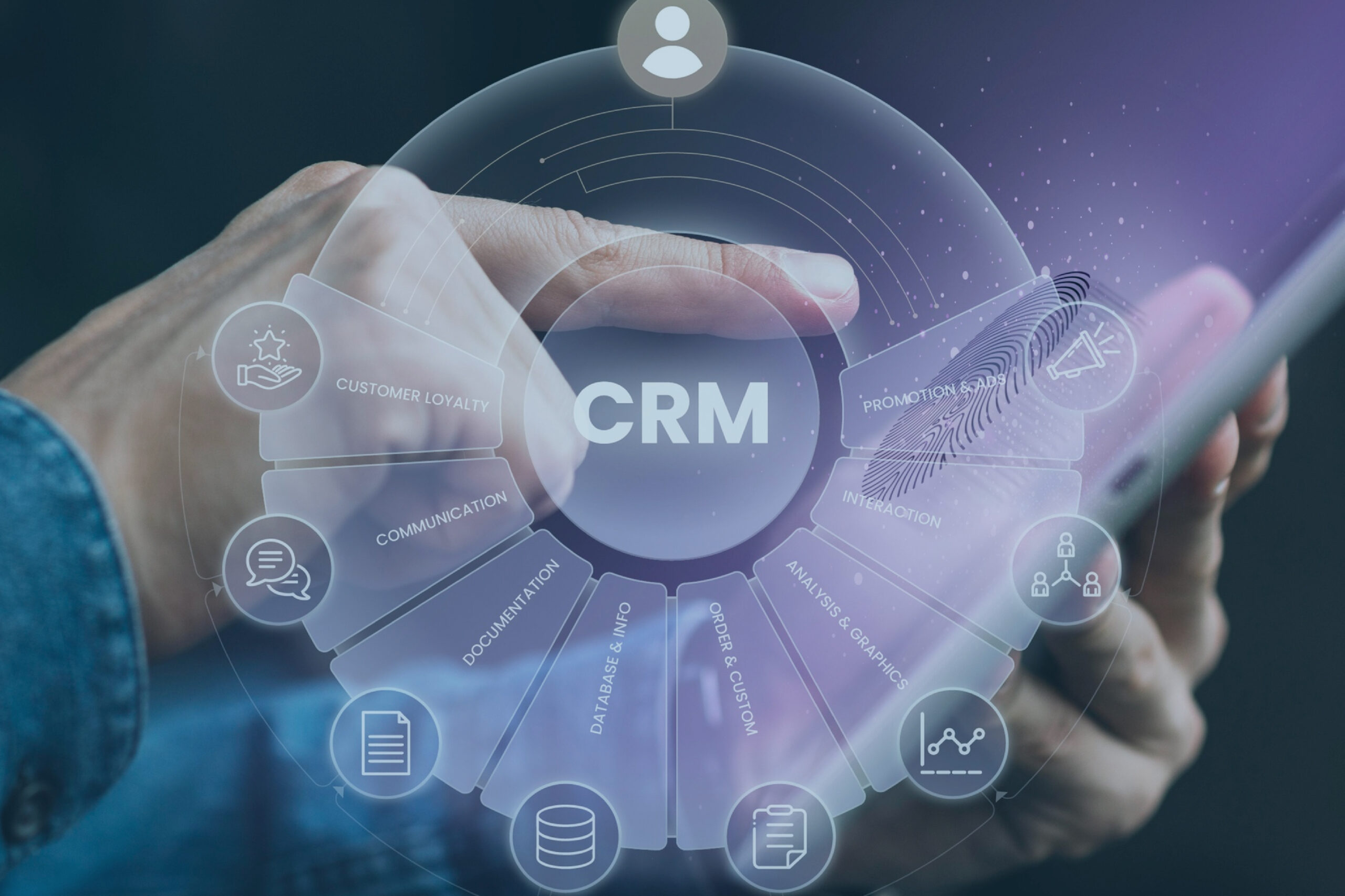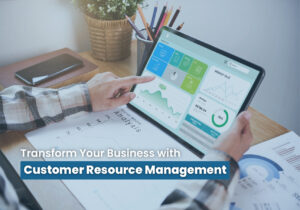Real Estate CRM Software vs Traditional CRM Tools: What’s Best for Property Sales?
If you’ve been in real estate long enough, you’ve probably tried using some generic CRM software. Maybe it got the job done—for a while. But then your leads grew, listings multiplied, follow-ups started falling through the cracks, and suddenly, that one-size-fits-all CRM didn’t fit anymore.
This is where most property agents pause and ask the question:
“Is there really a difference between real estate CRM and traditional CRM—or is it just another marketing buzz?”
The truth? The difference is massive. And if property sales are your bread and butter, choosing the right system isn’t just helpful—it’s essential.
Why CRM Tools Matter More Than Ever in Real Estate
Let’s be real: real estate isn’t just about homes and buildings. It’s about people. Relationships. Timing. Trust. And those things don’t manage themselves.
A CRM (Customer Relationship Management) system helps you stay on top of all that—leads, follow-ups, listings, emails, calls, contracts. But here’s the catch: not every CRM was built for how real estate really works.
Generic CRMs might be fine for retail or software companies. But real estate? It’s fast-paced, deeply personal, and process-heavy. That’s why so many agents are making the switch to real estate-specific CRMs—and never looking back.
Difference Between Real Estate CRM and Traditional CRM
- Built for the Job vs Built for Everyone
Traditional CRMs are one-size-fits-all. They may work for general customer tracking but lack real estate-specific tools. On the other hand, real estate CRMs are purpose-built for agents and brokers. They include tools for listing management, property matching, lead routing, and even open house scheduling.
✅ Real estate CRM = Tailored to real estate workflows
❌ Traditional CRM = Needs customization for real estate
- Lead Management and Nurturing
With a traditional CRM, managing leads often requires custom workflows and integrations. A real estate CRM comes with features like auto-responses to inquiries, lead scoring based on intent, and built-in follow-up reminders.
This means more deals closed—and less time wasted on cold leads.
- Listing and Property Management
A key difference between real estate CRM and traditional CRM lies in how properties are handled. Real estate CRMs let you upload, tag, and search listings. You can even match listings to client preferences instantly. Traditional CRMs? You’ll need plugins or workarounds to get even close.
- Pipeline Visualization for Property Deals

Real estate CRMs offer a visual sales pipeline specifically for property deals. You can track every lead from inquiry to closing, complete with viewing schedules and paperwork. Traditional CRMs show generic sales stages that don’t reflect the realities of property sales.
Features to Look for in a Real Estate CRM
If you’re making the switch, here are must-have features to look for in a real estate CRM:
- 📥 Automated lead capture from websites, portals, and social media
- 🏠 Buyer-seller property matching
- 📆 Appointment scheduling and reminders
- 📱 Mobile-friendly interface for on-the-go access
- 📈 Custom pipelines with property stage tracking
- 📧 Integrated email/SMS for instant follow-ups
- 💬 Team collaboration and role management
These features simplify your daily workflow and make it easier to nurture relationships and grow your sales funnel.
Traditional vs Real Estate CRM for Small Businesses
If you’re running a small agency, you might wonder if traditional CRM is more cost-effective. Here’s a quick traditional vs real estate CRM for small businesses comparison:
| Feature | Traditional CRM | Real Estate CRM |
| Easy to use for real estate? | ❌ Needs customization | ✅ Built-in tools |
| Property listings integration | ❌ Add-ons required | ✅ Native feature |
| Lead follow-up automation | ❌ Limited | ✅ Built-in workflows |
| Pricing | ✅ Affordable plans | ✅ Scalable plans |
| Best for | Generic businesses | Property sales teams |
Traditional CRMs might work initially, but as you scale, the real estate-specific tools save time and bring measurable ROI.
Best Real Estate CRM Software for Property Sales in 2025
Wondering what’s the best real estate CRM software for property sales in 2025? Here are a few leaders:
- Prismatic CRM
A next-gen real estate CRM built specifically for agents, brokers, and property firms. It offers automation, lead intelligence, deal pipelines, and full listing management.
- LionDesk
Popular for its texting and email drip campaigns—great for nurturing leads.
- Follow Up Boss
Highly rated among the top CRM tools for real estate agents in 2025 for its speed and lead assignment features.
- Real Geeks
Provides strong IDX integrations and automated property alerts.
- HubSpot with Real Estate Plugins
A flexible option for tech-savvy agents looking for more control.
Each of these platforms offers something unique, but the common thread is their ability to streamline property sales from start to finish.
Why Real Estate CRM is a Must in 2025
Technology in real estate is no longer optional—it’s the foundation of growth. With so many moving parts in property sales, relying on spreadsheets or traditional CRMs means missing out on speed, accuracy, and client experience.
Modern real estate CRM software automates follow-ups, tracks conversations, matches listings, and even forecasts closing dates. It gives you back hours in your day while helping you win more business.
In short, it’s a smart agent’s secret weapon.
Real-World Example: How One Agent Doubled Conversions
Meet Hina, a real estate agent in Karachi. She switched from a traditional CRM to a real estate CRM after missing multiple leads due to lack of alerts. Within 3 months:
- Her lead response time dropped from 18 hours to 2 minutes.
- Viewings increased by 30%.
- Closings doubled in Q1.
All because she finally had a tool designed for her line of work. That’s the kind of transformation that shows the real difference between real estate CRM and traditional CRM.
Why Prismatic CRM Is the Smart Choice?
If you’re tired of workarounds and ready for real results, it’s time to meet Prismatic CRM. We’ve built a platform that understands the rhythms of real estate—where timing, automation, and personal follow-ups matter.
From capturing leads to closing deals, Prismatic helps you work smarter, not harder. Whether you’re managing 5 listings or 500, our tools scale with you. Designed for property professionals, backed by industry insight.
“Prismatic CRM – Where Property Meets Precision.”
FAQs
- What is the key difference between real estate CRM and traditional CRM?
The main difference between real estate CRM and traditional CRM is that real estate CRMs are designed specifically for the property industry, with tools for listing management, property matching, and deal tracking. Traditional CRMs are general-purpose and often require customization.
- Can a small real estate agency use a real estate CRM?
Absolutely. Many modern real estate CRMs, like Prismatic, offer scalable solutions that work for small businesses and growing teams.
- What are the best CRM tools for real estate agents in 2025?
Some top CRM tools for real estate agents in 2025 include Prismatic CRM, Follow Up Boss, LionDesk, Real Geeks, and HubSpot with real estate plugins.
- What features should I look for in a real estate CRM?
Key features to look for in a real estate CRM include lead automation, listing integration, buyer-seller matching, email/SMS tools, mobile access, and pipeline tracking.
- Is it worth switching from a traditional CRM to a real estate CRM?
If you’re in property sales, yes. Real estate CRMs are optimized for your workflow, helping you save time, engage clients better, and close more deals.

